The UCLA School of Law’s American Constitution Society hosted a conversation Jan. 24 with a Los Angeles Times staff writer to give students insider information on the United States Supreme Court.
The conversation was moderated by professor of law Adam Winkler and was followed by a Q&A for students to ask Savage questions in person at the event.
Anh Do, the LA Times community engagement editor, opened the event. She discussed Savage’s role as a reporter and how he has never failed to present the public with court rulings in a readable way throughout the years.
Winkler said during the event the Supreme Court is not always transparent with their actions.
“The Supreme Court is a black box,” he said. “We don’t really know what’s happening inside of it.”
However, Winkler added that Savage has unique insight into the institution.
Savage has been a reporter for the LA Times covering the Supreme Court and other legal issues since 1986. During the event, Savage discussed how he has come to know the inner workings of the Supreme Court through reporting on decisions and conversing directly with the court’s justices over the years.
During the Q&A session, Savage addressed misconceptions about the Supreme Court, provided insight into the justices’ interpersonal relationships and shared on the potential future of the courts in relation to partisanship and the upcoming elections.
One common misconception is the belief that the Supreme Court makes decisions based on politics, Savage said during the event. He said the Supreme Court is inevitably a mixture of politics and law, and the justices do their best to interpret what the law says and means regardless of their political views.
Ella Scalabrini, a fourth-year public affairs student, said she attended the conversation to learn more about the intersection of law and journalism. She added that she enjoyed the point of view Savage could present to students.
“I was pleasantly surprised with the outcome of a very nonpartisan display of a legal system from a journalist’s perspective,” Scalabrini said.
Lucy Weiss, a student organizer from the ACS, said she was intrigued to learn about the justices’ relationships, adding that Savage shared that they spend time together as a cohort. She added that she believes these gatherings are necessary because the Supreme Court needs to be willing to listen to each other.
When questions were raised about the possibility of expanding the Supreme Court, Savage said the push to increase the number of justices would primarily be an attempt to restore more partisan balance within the Supreme Court. Earlier in the conversation, Savage mentioned that he believes Justices Clarence Thomas and Samuel Alito tend to act with hostility and extremity in response to a perceived threat from the left side of the political spectrum.
While Savage acknowledged the plausible liberals’ disapproval of the current conservative-leaning Supreme Court, he said an expansion is unrealistic since the president, the U.S. House of Representatives and 60 senators would have to vote in favor of the change.
Savage added during the conversation that if former President Donald Trump is reelected, the Supreme Court will be challenged to embody the law.
Raquel Barron, a third-year public affairs student, said she appreciates these types of events and the opportunity to hear speakers like Savage.
“It’s not every day that you get to hear from a reporter that covers the Supreme Court,” she said.
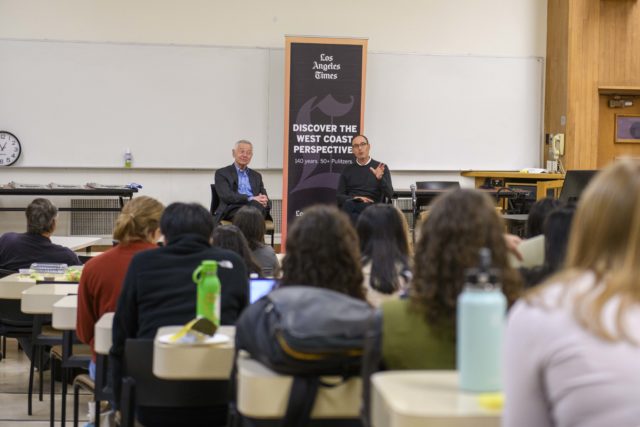

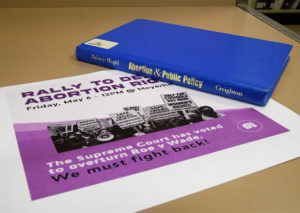
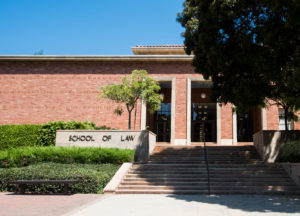
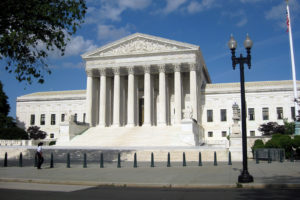
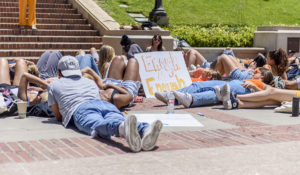
Comments are closed.